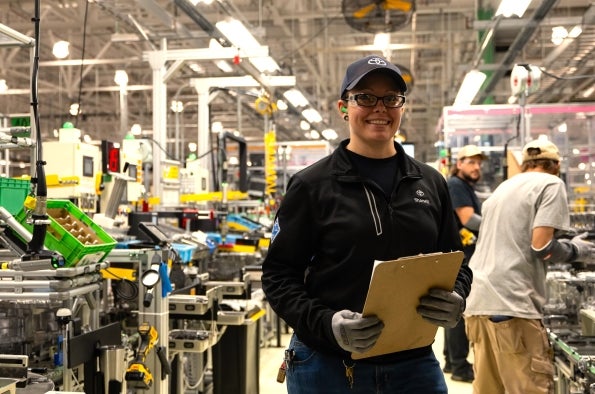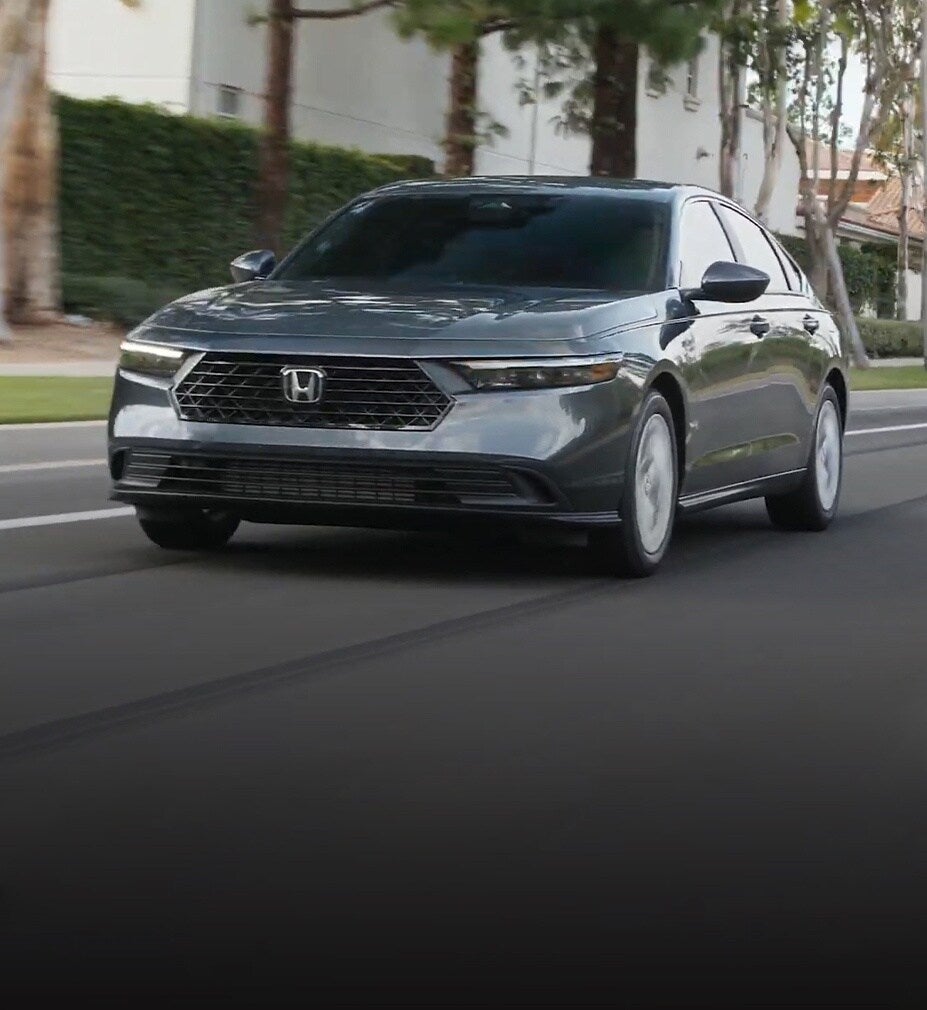
UK new car registrations fell 24.3% in June, according to the latest figures released today by the Society of Motor Manufacturers and Traders (SMMT). The month saw 140,958 new vehicles registered, the weakest June performance since 1996.
Declines were most significant in large fleets, which recorded a -27.6% fall in registrations, while private consumer volumes dropped by a more modest -21.7%. As a result, the fleet and business share of the market reduced to 50.7% as manufacturers prioritised private consumers in the supply-constrained environment.
How well do you really know your competitors?
Access the most comprehensive Company Profiles on the market, powered by GlobalData. Save hours of research. Gain competitive edge.

Thank you!
Your download email will arrive shortly
Not ready to buy yet? Download a free sample
We are confident about the unique quality of our Company Profiles. However, we want you to make the most beneficial decision for your business, so we offer a free sample that you can download by submitting the below form
By GlobalDataGiven the ongoing shortages of essential components, exacerbated by pandemic restrictions in China, global vehicle production has struggled to keep up with demand throughout 2022. New car registrations for the year to date have fallen by 11.9% to 802,079 units – the weakest first half year performance since 1992, bar 2020.1 Some 107,894 fewer new cars have been registered during the first half of 2022 compared with the same period last year – despite 2021 demand being restricted by dealership lockdowns until April, with consumers only able to buy vehicles through click and collect.
Battery electric vehicles (BEVs) continued their growth streak, however, with a 14.6% increase in volume, as market share continued to grow, reaching 16.1%, up from 10.7% a year before. Conversely, plug-in hybrid electric vehicle (PHEV) uptake fell by 4,425 units to take a 5.5% market share. In total, plug-in vehicles comprised more than a fifth (21.6%) of new cars joining the road in the month. All other powertrains saw declines in registration volumes and market share apart from hybrid electric vehicles (HEVs), which, despite a 1,172 unit fall, increased their market share to 10.6%.
While growth rates were expected to moderate as the market begins to establish, the slowdown is more than had been anticipated, leaving the market behind the industry’s outlook. Part of this fall is attributable to the continuing supply chain shortages that are hampering production of all models, but the scrappage of the plug-in car grant means the UK is now the only major European market without purchase incentives for private EV buyers.
Mike Hawes, SMMT Chief Executive, said: “The semiconductor shortage is stifling the new car market even more than last year’s lockdown. Electric vehicle demand continues to be the one bright spot, as more electric cars than ever take to the road, but while this growth is welcome it is not yet enough to offset weak overall volumes, which has huge implications for fleet renewal and our ability to meet overall carbon reduction targets. With motorists facing rising fuel costs, however, the switch to an electric car makes ever more sense and the industry is working hard to improve supply and prioritise deliveries of these new technologies given the savings they can afford drivers.”







